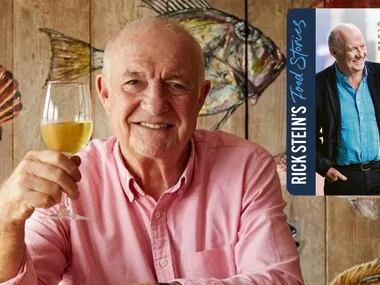The Philanthropist by John Tesarsch, Sleepers Publishing, $27.95
The good man who does bad things is a familiar figure in fiction. So points to first-time author John Tesarsch who’s taken the harder road and given us a thoroughly rotten protagonist who does good things (like, philanthropy) though for all the wrong reasons (status and tax-deductions).
Not that businessman Charles Bradshaw’s bad character has blocked him from the very highest levels of Melbourne society. Rich, respectable, he possesses everything in life but a moral code — until a massive heart attack forces him to face the demons lurking in his past, a journey which introduces him to regret and guilt but never to genuine remorse.
It’s this unusual distinction which give the book its freshness. You don’t sympathise with Bradford — he’s too unlikeable for that — but you do get a sense of how a lifetime’s worship of “the false gods” of money and power can blight your family and burn your soul.
A new voice, offering a different take on contemporary Australia.



















